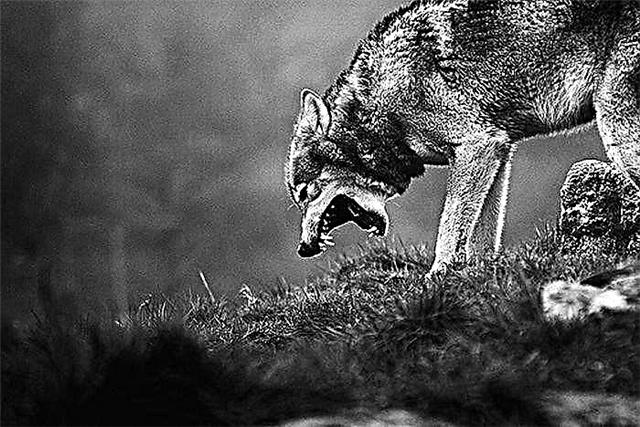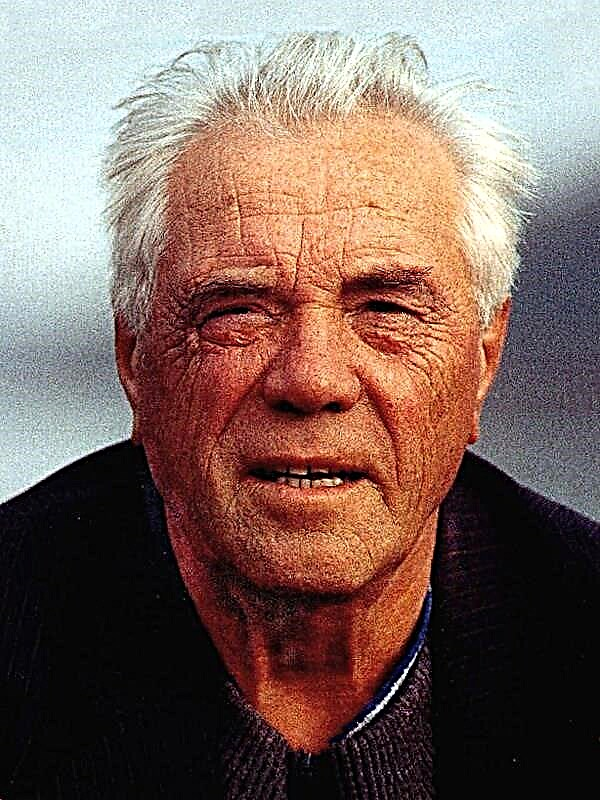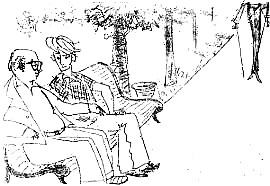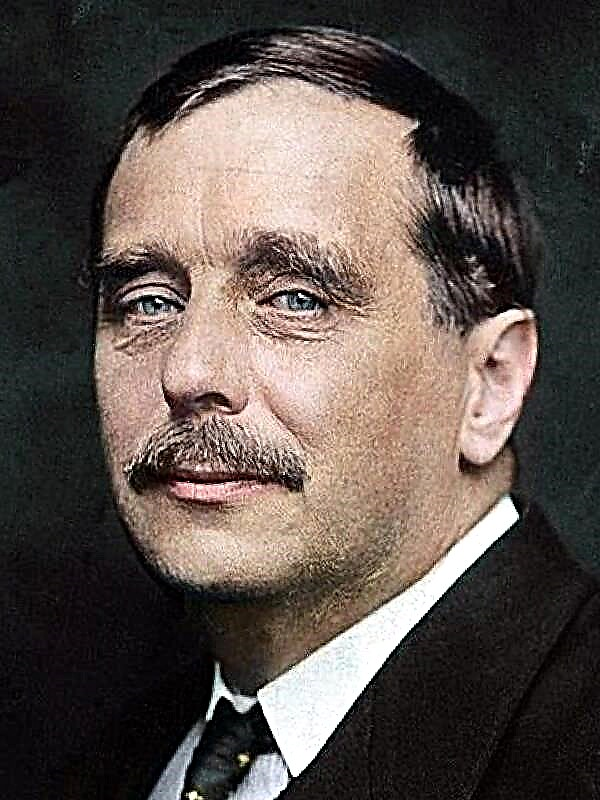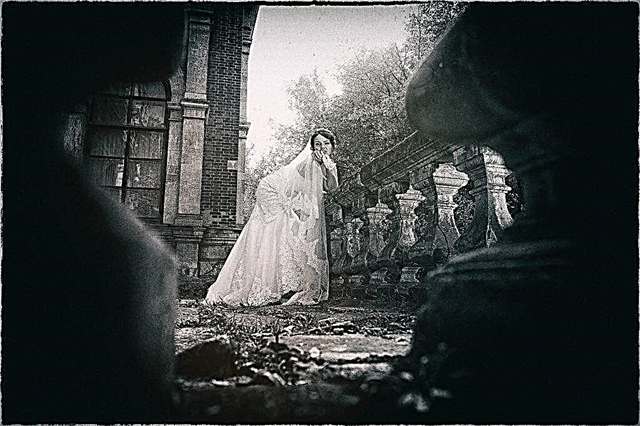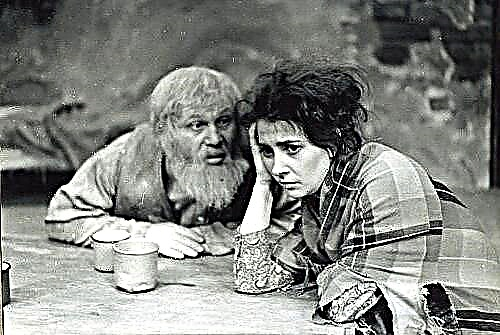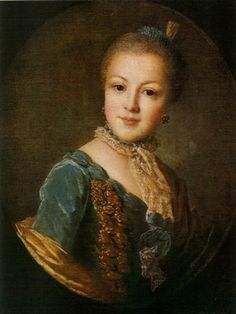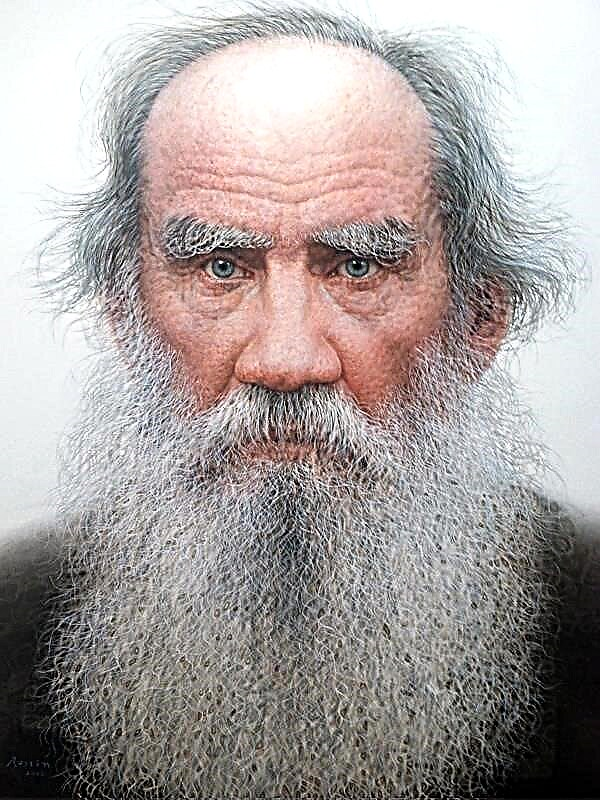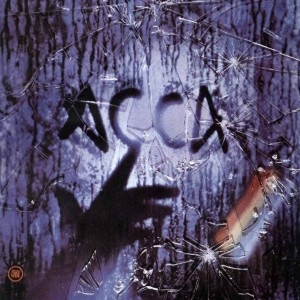(474 words) Ivan Alekseevich Bunin was an outstanding writer, as well as a poet, translator, member of the St. Petersburg Academy of Sciences and the first Nobel Prize winner in Russia. He was born on October 22, 1870 in Voronezh. His talented works resonated in the hearts of more than one generation, and that is why he deserves our attention.
A family
Bunins belonged to an ancient noble family. Although Ivan's family was not rich, he was proud of his origin.
- Father - Alexey Bunin - a military man with an energetic character;
- Mother - Lyudmila Chubarova - a gentle and gentle woman.
Among his famous ancestors are the poet Vasily Zhukovsky and the poetess Anna Bunina.
Education and creativity
First, little Ivan received a home education, studying languages and drawing, then he entered a gymnasium, from where a few years later he was expelled for non-payment. The boy really liked the humanities, and at the age of fifteen he wrote his first work - the unprinted novel "Passion".
Having moved to Petersburg, Ivan Bunin made many acquaintances, among them Leo Tolstoy, whose aesthetic principles were especially close to him, as well as Maxim Gorky, I. Kuprin, A. Chekhov and other writers.
Creation
In 1901, Bunin's collection of poems, Leaf Fall, was published, for which, along with the translation of Songs of Hiawath, he was awarded the Pushkin Prize.
In the 1910s, Ivan Bunin visited the eastern countries, where, under the influence of Buddhist philosophy, he wrote works inspired by the tragedy of being: “Mr. from San Francisco”, “Easy Breath”, “Son Chang”, “Grammar of Love”. It is safe to say that most of Bunin’s stories are filled with hopelessness and longing.
Bunin was worried about the psychological side of Russian life. So, in the years 1910-1911 he wrote the novels "The Village" and "Sukhodol", revealing the essence of the Russian soul, its strengths and weaknesses.
Emigration
Returning to Russia, Bunin found the October Revolution there, to which he reacted negatively. Longing for the old time was embodied in the famous sketch "Antonov apples", written far before the revolutionary events, in 1901. However, even then Bunin felt the changes in the public life of Russia, and these changes saddened him. This work also reveals to the readers the great talent of the writer in a vivid and imaginative description of the colors, sounds and smells of Russian nature.
Unable to observe what was happening at home, Bunin left Russia and settled in France. There he wrote a lot, and in 1930 completed his only novel “The Life of Arsenyev”, for which he was awarded (the first of Russian writers) the Nobel Prize.
Personal life
Ivan Bunin had close relations with three women. His first love was Varvara Pashchenko, whose family opposed their relationship. The family life of lovers quickly broke up, then their little son Nikolai also died. The second woman in the life of the writer, Anna Tsakni, was the daughter of the publisher of the newspaper Southern Review, where Bunin worked.
But Vera Muromtseva became a real friend in Bunin's life, with whom he traveled and lived in exile. She was educated and, as contemporaries noted, a very beautiful woman.
Last years of life
Unable to return to his homeland, Ivan Bunin spent the last years of his life in a foreign land, where he was seriously ill. It is curious that the writer felt lonely all his life, even despite the fact that his faithful wife was always next to him. He died in November 1953.

